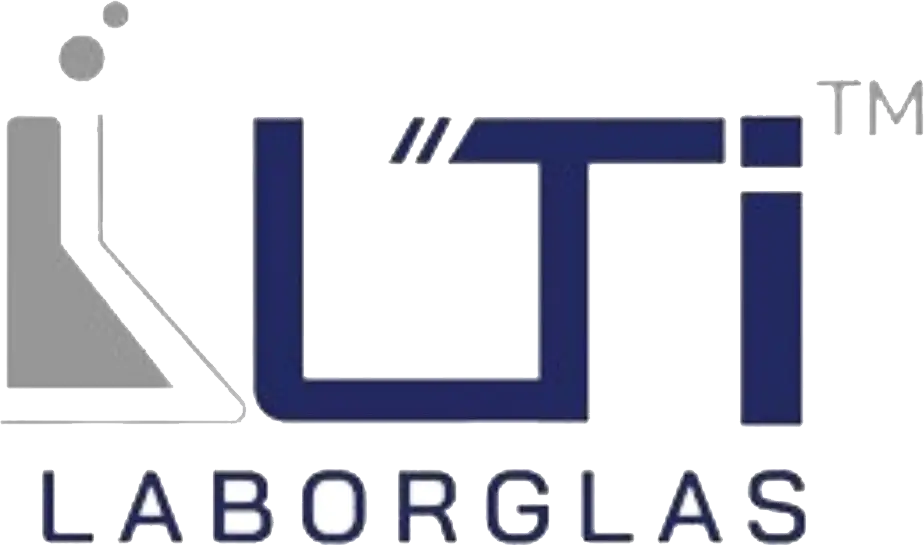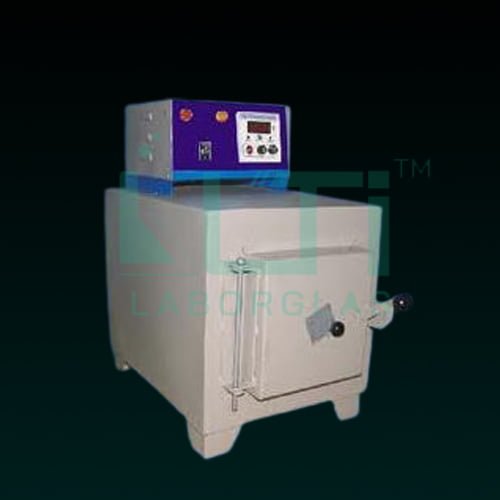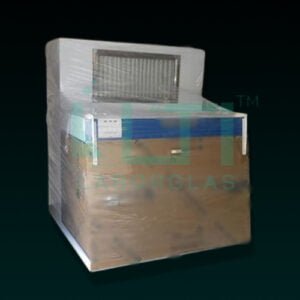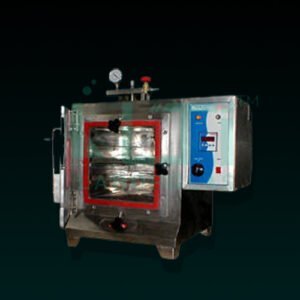Features:
- Newly designed muffle furnace now has rapid heating and light weight construction
- Most useful for ashing, igniting and heat treading of small parts in chemical and industrial field, college and schools
- Special ceramic insulation makes furnace light weight
- Exterior of heavy gauge M.S/G.I duly finished in epoxy powder coated shade in regular Model
- Exterior S.S matt finish in GMP Model
- Solid state electronic temp.controller with digital indicator an CR/AL sensor
- Uniform heat distribution through all 4 sides kanthal A-I elements
- A special solid state fuse for protection to elements in case of over heating
- Maximum temperature: 1000c working temperature: 960 c
- Operates on 230 volts A.C.
A Muffle Furnace in a laboratory is commonly used for:
- High-Temperature Heat Treatment: Conducting controlled heat treatment processes.
- Ashing: Burning off organic materials to leave behind ash for analysis.
- Sintering: Bonding particles in ceramics through controlled heating.
- Material Testing: Studying the behavior of materials under extreme heat conditions.
- Laboratory Experiments: Utilized in scientific research for controlled high-temperature studies.
- Quality Control: Ensuring consistent conditions for testing and analysis.
- Metallurgical Processes: Applied in metallurgy for various heat treatment applications.
- Industrial Manufacturing: Employed in industries for specific high-temperature processes.
- Annealing: Controlling the cooling of materials after heating.
- Ceramic and Glass Processing: Firing and shaping ceramic and glass materials at high temperatures.





